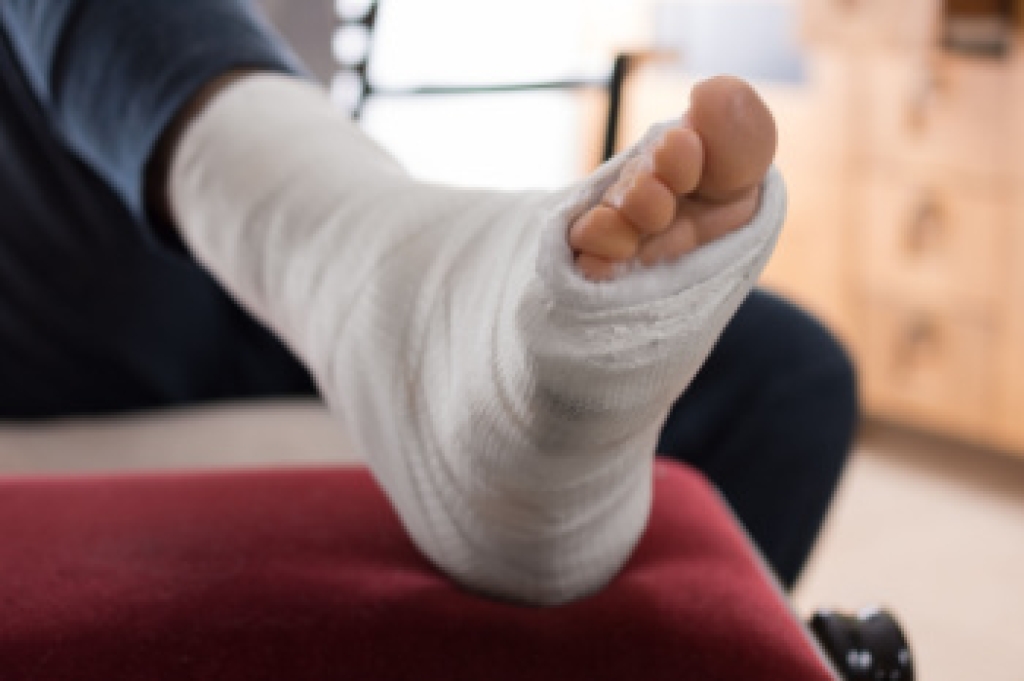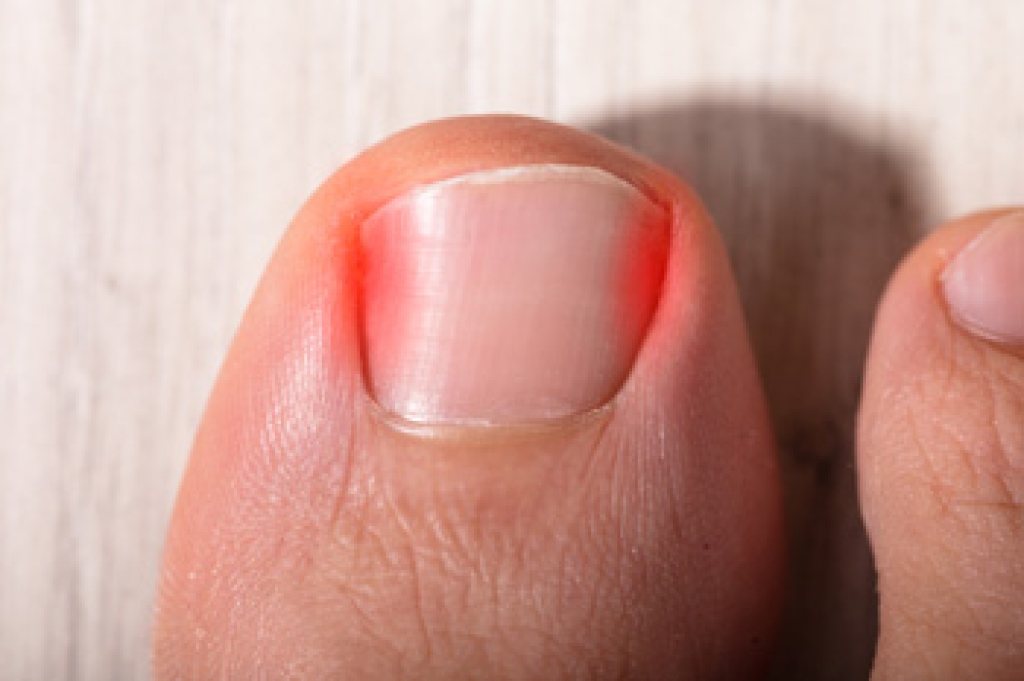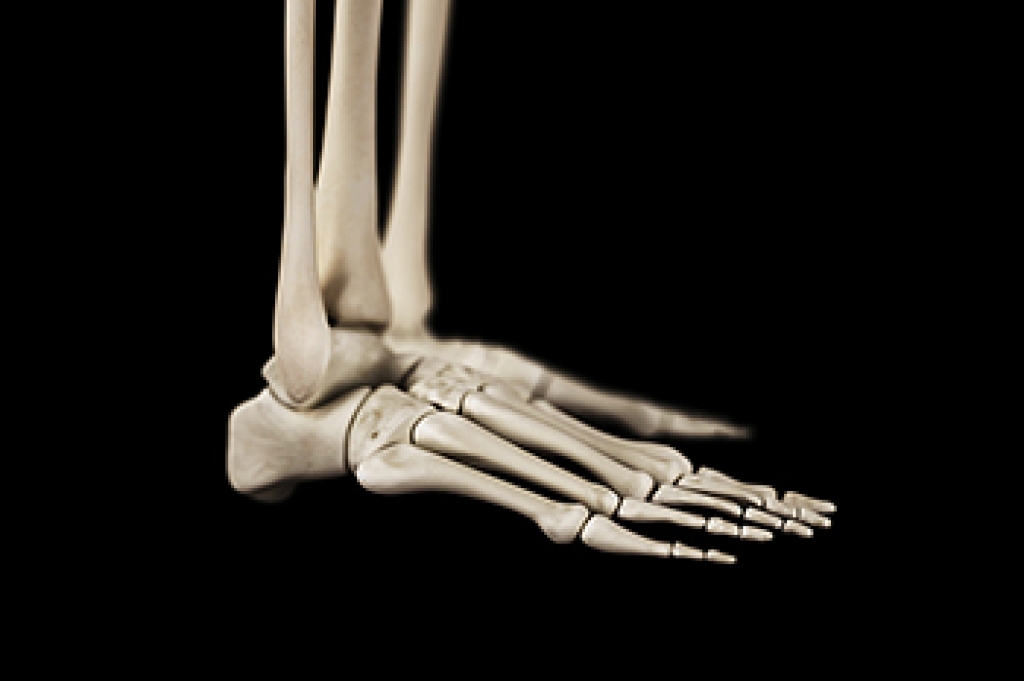
A broken foot moves through several healing stages, each with its own timeline and purpose. The first stage begins immediately after the injury, when the body forms a protective clot and swelling develops around the broken bone. Over the next few weeks, soft tissue starts to repair and a temporary bridge of healing cells begins to form. As time passes, this early repair gradually hardens into stronger bone, allowing the foot to tolerate more movement and light pressure. Most uncomplicated fractures take anywhere from 6 to 8 weeks to heal, although some bones need more time depending on their location, severity, and blood supply. Even after the bone has healed, the foot may feel stiff or weak until strength and flexibility return. A podiatrist can guide each stage with imaging, protective footwear, and activity recommendations. If your recovery feels slower than expected, it is suggested that you see a podiatrist for guidance on effective healing tips.
A broken foot requires immediate medical attention and treatment. If you need your feet checked, contact one of our podiatrists from Nashville Family Foot Care. Our practitioners can provide the care you need to keep you pain-free and on your feet.
Broken Foot Causes, Symptoms, and Treatment
A broken foot is caused by one of the bones in the foot typically breaking when bended, crushed, or stretched beyond its natural capabilities. Usually the location of the fracture indicates how the break occurred, whether it was through an object, fall, or any other type of injury.
Common Symptoms of Broken Feet:
- Bruising
- Pain
- Redness
- Swelling
- Blue in color
- Numbness
- Cold
- Misshapen
- Cuts
- Deformities
Those that suspect they have a broken foot shoot seek urgent medical attention where a medical professional could diagnose the severity.
Treatment for broken bones varies depending on the cause, severity and location. Some will require the use of splints, casts or crutches while others could even involve surgery to repair the broken bones. Personal care includes the use of ice and keeping the foot stabilized and elevated.
If you have any questions, please feel free to contact our office located in Nashville, TN . We offer the newest diagnostic and treatment technologies for all your foot care needs.




